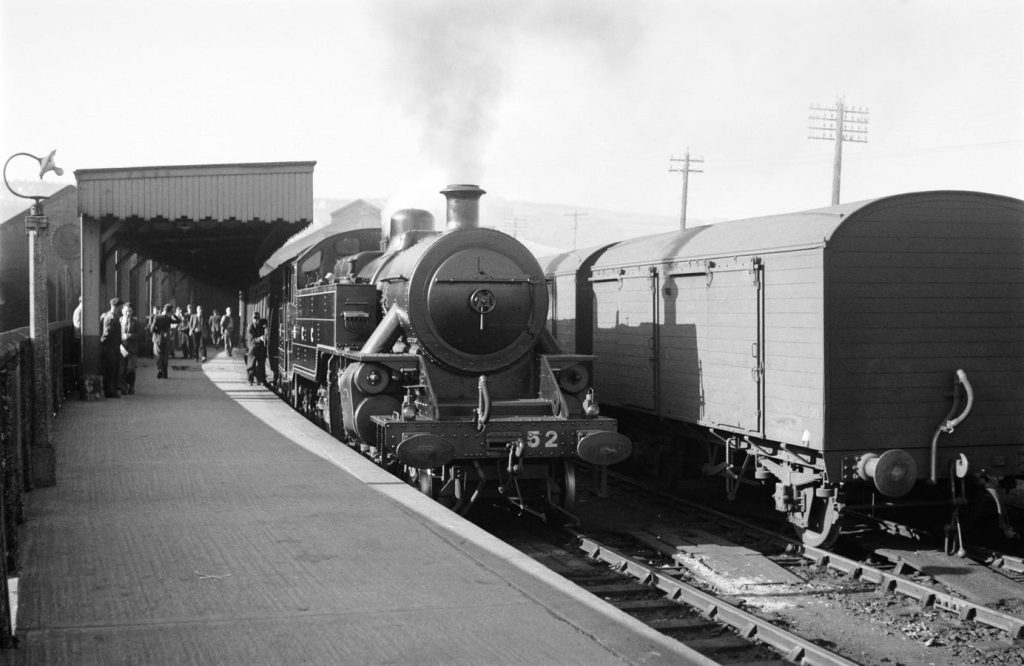The British rail services are currently in a state of disarray, with late arrivals, cancelations, and lack of maintenance plaguing the system. The Labour Party has promised to renationalize much of the rail system if it wins the upcoming general election, with the hope of improving service and increasing efficiency. However, this proposal raises concerns, as Britain previously had a nationalized rail system following WWII, with mixed results. In the early 1980s, the service was particularly unreliable, with instances of trains being hours late without proper communication to passengers.
The lack of competition in the nationalized rail system allowed for poor service to persist without consequences. Employees were not incentivized to improve service, as there were no competitors to pose a threat to the business. With the potential return to a nationalized system under a Labour government, there are worries about a regression to the problems of the past. While the Labour Party’s plan includes working with private companies for freight deliveries, all passenger trains would come under government control, raising doubts about the effectiveness of this approach.
The idea of nationalizing the rail system brings back memories of the failures of the past, such as trains being consistently late and lack of communication with passengers. With a history of poor service under a nationalized system, there are concerns about whether these issues will resurface if the Labour Party follows through with their promises. While the intention may be to improve the system, there are doubts about the effectiveness of nationalization in addressing the current problems facing the British rail services.
The experiences of the past, such as waiting on train platforms for unreliable British Rail trains, raise skepticism about the potential benefits of renationalizing the rail system. With no competition holding the service accountable, there is a fear that a return to a nationalized system could lead to a decline in service quality. The Labour Party’s proposal to nationalize the rail system raises questions about whether this approach is the best solution to improve the current state of the British rail services.
Overall, the state of the British rail services is in need of improvement, with issues such as late arrivals, cancelations, and lack of maintenance contributing to a chaotic system. The Labour Party’s plan to renationalize much of the rail system brings concerns about a return to the problems of the past. While the intention may be to increase efficiency and improve service, there are doubts about the effectiveness of nationalization in addressing the current issues facing the British rail services. A balance between government control and private sector involvement may be needed to create a more reliable and efficient rail system for passengers in the future.


